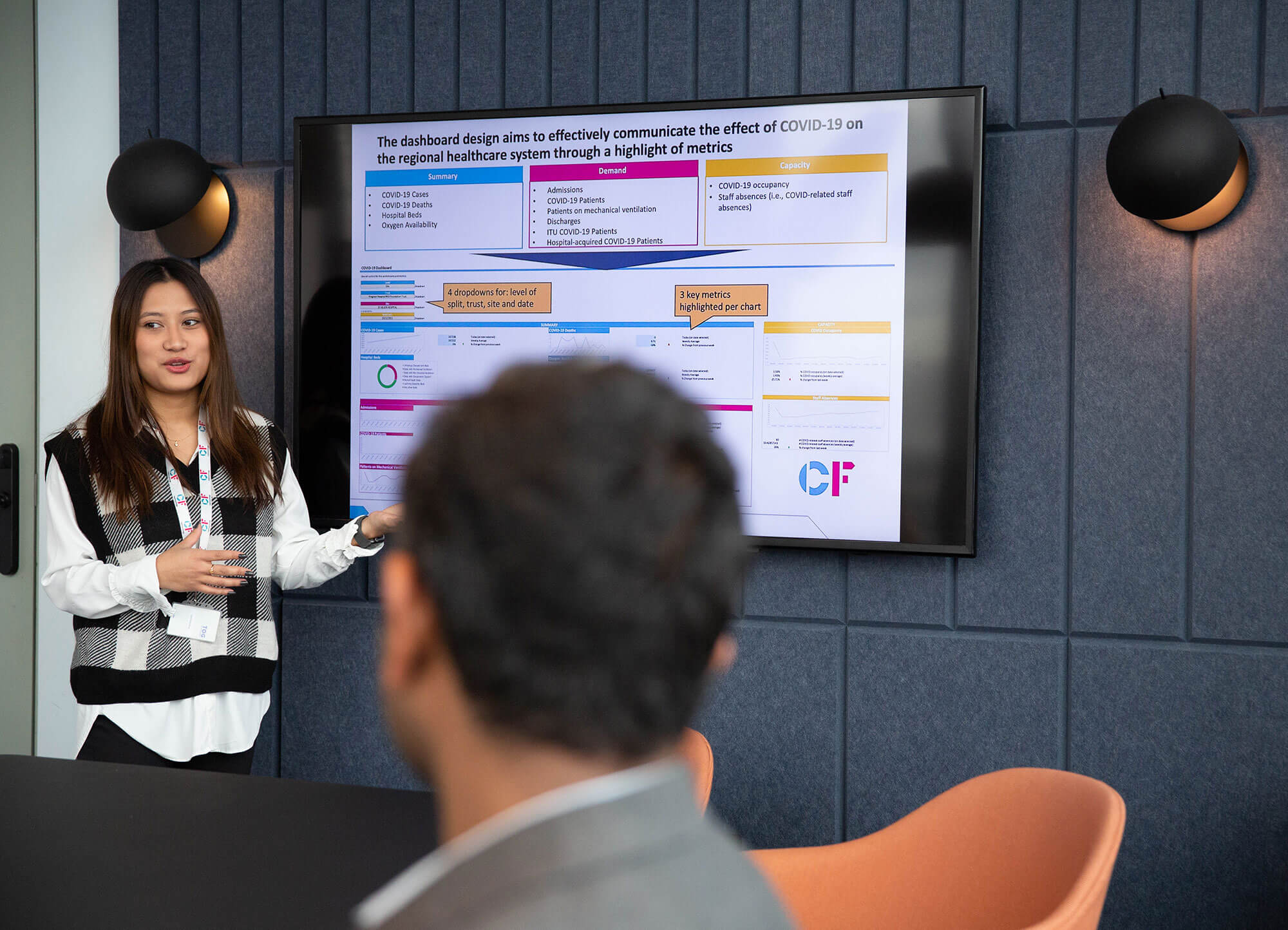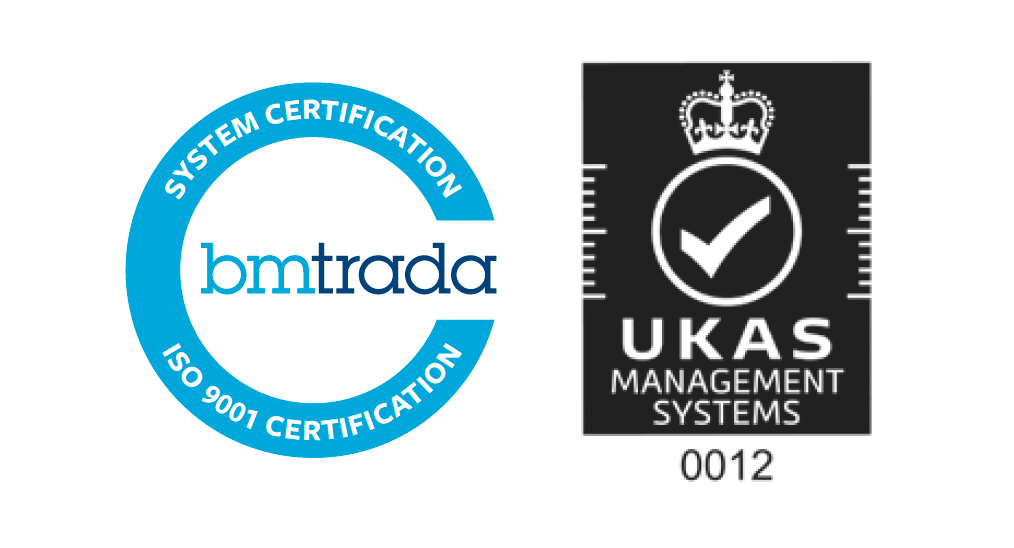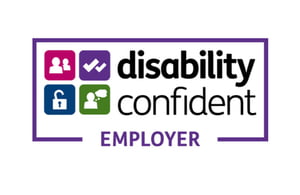The concept of a “perfect week” originates from within the NHS and the transformation of urgent and emergency care. Suspending business as usual, radically rethinking all of the entrenched rules to give people the time to remove barriers, reset staffing arrangements, to consider new and imaginative ways of running accident and emergency departments to save more lives has made a significant impact on the effectiveness of our NHS Trusts.
“Perfect Week” methodology has also been applied successfully across a whole health and care system (for example in The Isle of Wight previously “requires improvement” system) to transform how NHS and social care work seamlessly together with primary care to wrap services and support around valuable (rather than vulnerable) people and ensure there is a focus on the whole person and their family not the individual organisation.
But could we take the idea of “Perfect Week” to help us to genuinely gain a deeper understanding of all of our complex, overlapping bureaucratic public service systems and how they interface with local communities and neighbourhoods and use the same design thinking to help us to rethink how public services work more effectively in partnership with civil society and local people?
We gained some understanding of this through a couple of “Perfect Week” experiments in Wigan right at the start of the development of The Wigan Deal as a new social contract between citizen and state.
We picked a week in a primary school in Atherton and a week in large multi-practice doctor’s surgery in the centre of Wigan – different locations, both with quite different social issues. We wanted to better understand where we were going wrong as public servants, what was working well and where we were ignoring the voices of children, parents, families, patients and grassroots community and voluntary organisations. The learning from the two weeks in both locations was very challenging, profound and changed our relationships both with each other as public servants working together in neighbourhoods and with local people forever.
We discovered so much about the good, the bad and the ugly in public service systems. We found things that would not have emerged without a deep listening across organisational delivery plans, separate KPIs, different organisational leadership and countervailing cultures, petty fallouts and jealousies and hardworking staff working together sometimes despite the system rules that appeared to be designed to stop them collaborating.
We found:
- Individual NHS Trusts, CCG, police, mental health, housing and Council KPIs were what dictated priorities rather than what local people wanted and the reality of how they live their lives.
- People were often viewed by institutions as a unit of presenting need rather than a real person with talents, interests and other stuff going on in their lives.
- Multiple assessments, referrals and hand-offs between various bits of the system meant we were wasting time and money being preoccupied with pushing people around a fractured system rather then actually supporting them.
- Overlapping and complex organisational plans and strategies did not fit together and start with the person, their family and their community.
- Organisational and individual self interest sometimes guided decisions to limit access to services and raise thresholds rather than a whole system focus on prevention and wellbeing.
As a result of the rich seam of learning we had tapped into, we applied a different partnership approach across the system. It was one based on relationships; relationships between public servants, between organisations and between institutions and local people – a new social contract.
Local government, the NHS and other public services are full of pathfinders, pilots, testbed projects and failed efficiency or transformation projects that are a flash in the pan and not sustained and built into a system based on well-being and prevention. So we made a point of spreading and systematising the learning quickly and made it just the way we work together 52 weeks a year, 365 days a year.
We focussed on:
- Listening differently and using ethnography to build better relationships.
- Culture genuinely does eat strategy for breakfast so focus on the culture of a multi agency team not just the individual organisations that it comprises.
- Bringing public servants together in integrated place based teams of between 30 – 50,000 people working together with community and voluntary organisations.
- Giving the teams the freedom to innovate and invest in community wellness approaches.
- Investing in the social infrastructure as well as institutions.
- Building connected digital systems and information sharing that connected us as well as providing more opportunities for digital learning and engagement in communities.
- Seeing public servants as people, as members of the community often living in or near the areas they serve and moving away from seeing them as “salaried strangers.”
The last few months and weeks during COVID 19 have enabled us to also reflect and reset and we have had many “perfect weeks” where the rule book has been thrown out of the window as we find new and imaginative ways to support our communities and they in turn have been at the forefront of challenging us to do better.
There will be many more opportunities to consider whole system support structures and new social contracts; as worst stage of the pandemic is yet to come as we see the economic, social and mental health impact of resulting economic tsunami coming our way in the next stage of living with COVID 19 for the foreseeable future.





